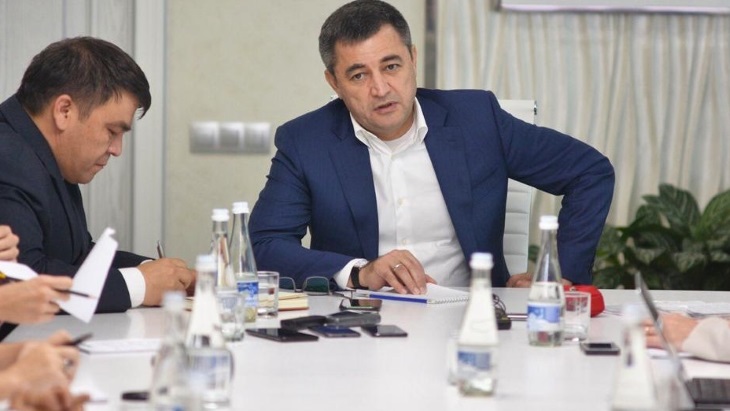The strategy is separate to, but follows in the wake of, a 'Concept Note' published earlier this month that outlines the government's plan for electricity generation to the year 2030. That plan anticipates a sharp reduction in the country's reliance on gas-fired power generation from the current 83% to 50%, and sets goals for new nuclear, solar and wind power production of 15%, 8% and 7%, respectively.
The ministry said today that, in line with nationally determined contributions under the United Nations Framework Convention on Climate Change, the government is committed to improving energy efficiency and increasing the share of renewable energy in the country’s energy balance. This latest development is also a part of Uzbekistan’s growing role in the regional and international energy markets, it said.
Energy Minister Alisher Sultanov said: "We are pleased to be working closely with the European Bank for Reconstruction and Development, and the international consulting company Corporate Solutions in the development of our low-carbon energy strategy. The transition to low-carbon energy will make it possible to provide our country with electricity at a high growth rate and improve our citizens' quality of life."
Corporate Solutions is modelling Uzbekistan's energy system against the experiences of Germany, Japan and Spain to learn from their respective low-carbon transitions, the ministry said, adding that this will help shape Uzbekistan's own strategy and the process of attracting international investment.
That ten-year plan for electricity provision in Uzbekistan was developed with the Asian Development Bank and the World Bank. It aims to deploy up to 30 GW of additional power capacity by 2030, including 5 GW of solar energy, 3.8 GW of hydro energy, 2.4 GW of nuclear energy and up to 3 GW of wind energy.
Priority activities outlined in that plan include: modernisation and reconstruction of existing power plants; construction of new generating assets using energy efficient power production technologies; improvement of power metering systems; fuel diversification and development of renewable energy sources - especially solar energy; and legal reforms to improve tariff polices and to aid transition to a wholesale market.
These measures aim to reduce greenhouse gas emissions by 10% (from 2010 levels) by 2030.





_53504.jpg)

_13505.jpg)
_87975.jpg)






